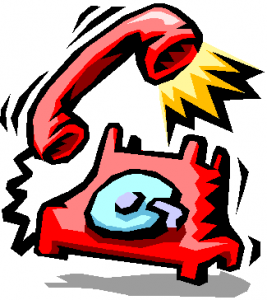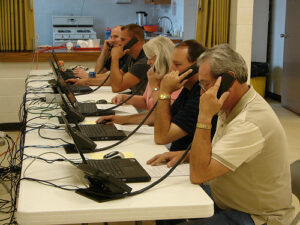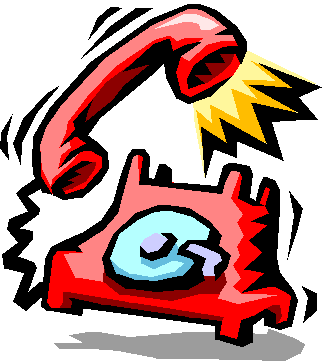 According to the Miami-Dade Elections Department, there were 152 new voters registered over last weekend so they can cast ballots in the special election on the publicly-funded Miami Dolphins stadium.
According to the Miami-Dade Elections Department, there were 152 new voters registered over last weekend so they can cast ballots in the special election on the publicly-funded Miami Dolphins stadium.
Those are the ones who could get it done before the midnight Monday deadline after the short window was announced late last week. And that doesn’t add much to the nearly 1.3 million voters. But Ladra hopes that they are 152 additional NO votes.
But they do provide 152 new phone numbers that will be added to the phone bank list for whoever is calling on behalf of the Dolphins campaign team.
And Ladra has some idea — or a suspicion, anyway — of who is running the show from his dining room. But it is not solid, and I am not sure, so I’m still investigating.
Readers of Political Cortadito have reported getting lots of calls — one woman said four calls in the last two weeks — from people purporting to be conducting a poll on th e special deal, negotiated by our Miami-Dade Mayor Carlos Gimenez. But they are push polls, because if you say you do not want to give Dolphins owner Stephen Ross $300 million of tourist tax dollars and state tax rebates — that are public tax dollars, by the way — they ask you if you would change your mind if you learned that it would bring so many millions to the community. Then they ask if you would change your mind if you learned that somewhere around 4,000 jobs could be created.
e special deal, negotiated by our Miami-Dade Mayor Carlos Gimenez. But they are push polls, because if you say you do not want to give Dolphins owner Stephen Ross $300 million of tourist tax dollars and state tax rebates — that are public tax dollars, by the way — they ask you if you would change your mind if you learned that it would bring so many millions to the community. Then they ask if you would change your mind if you learned that somewhere around 4,000 jobs could be created.
Eric Jotkoff, the spokesman for the Miami First Coalition, the campaign launched by the Dolphins team the day after the referendum was approved by the county commission, said he wrote the script.
“The fact is, it will bring 4,000 jobs. The fact is they will have to pay $20 million in fines if they don’t live up to the agreement. The fact is they will pay 70 percent of the costs,” Jotkoff — who also worked for the Barack Obama campaign in Florida last year — told Ladra, repeating almost word for word the lines of the phone bankers.
Of course, they don’t remind the people they call that we are going to pay 30 percent of it and that the payback in 30 years is not going to be worth the same as $120 million is worth today. Not by a long shot.
He also said phone bank was a “grassroots” operation manned mostly by “volunteers” who are college and university out of state students and that is why voters’ caller IDs show numbers in D.C. and Virginia and other out of town places. Eeet eees pausible… especially since Jotkoff’s cell phone has a Boston area code from when he went to school there, though he’s from here.
But I also kind of think that they have the money and the need for a professional, local phone bank — especially in Spanish. And it seems like to many calls for a totally volunteer effort.
So, here is some homework for you, dear readers, to help Ladra be a better watchdog. Get the caller IDs. Ask for names. Write down notes on what they say and what they ask. And let me know. Please.
Because, for some reason, no phone banker has called me.

